HOW SUPER ARE SUPER FOODS?
Originally published in Lake Highlands Today as part of our Food Forward series.
We’re back to address another trendy nutrition topic… super foods! You may have heard about chia seeds, acai berries, maca, or many of the other “super foods” creating a lot of buzz on social media and elsewhere. So, is it worth it to spend the money on these items? Are they as good as they sound?
Well, there’s no doubt that these foods are rich in nutrients and that they are health-promoting… no doubt at all. And they can definitely promote health as part of a reasonably clean diet. But there are two caveats that we would like to discuss:
1. Eating super foods (or any particular food) will not make up for a diet that is otherwise lacking in nutrients. So no, it probably does not make sense to add kale, cacao, maca, chia seeds, and spirulina to a smoothie in the morning and then eat fast food or primarily “beige” foods lacking in nutrients for the rest of the day. Is it better than just eating fast food? Sure, but your body deserves better than that anyway.
2. There are plenty of everyday, accessible foods that pack large amounts of nutrients and promote health in a big way. For example, broccoli, asparagus, and all green vegetables are good sources of calcium, Vitamin A, folate, fiber and many other phytonutrients. Even potatoes (which have a bad reputation) provide potassium, Vitamin C and fiber.
Kale has gotten a lot of attention lately, and there’s no doubt that kale is a wonderful food and one of the most nutrient dense foods around. But this doesn’t mean we should ignore all of the other wonderful greens out there… chard, spinach, collard greens, and even green leaf lettuce. If you don’t like kale, move on – you’ll get the same benefits from eating other greens, especially if you eat more since you actually like what you’re eating!
All plant foods -- the more colorful the better -- are rich in nutrients, promote health, and fight disease. This applies to fruits, vegetables, legumes, whole grains, and nuts/seeds.
Yes, superfoods are a wonderful addition, but your regular grocery store or farmers market (White Rock Market!!) has plenty of nutrient-dense, familiar options, and you don’t have to spend a ton of money.
A healthy diet always comes down to eating a wide variety of whole, plant foods and minimizing (preferably avoiding) processed foods.
Well, there’s no doubt that these foods are rich in nutrients and that they are health-promoting… no doubt at all. And they can definitely promote health as part of a reasonably clean diet. But there are two caveats that we would like to discuss:
1. Eating super foods (or any particular food) will not make up for a diet that is otherwise lacking in nutrients. So no, it probably does not make sense to add kale, cacao, maca, chia seeds, and spirulina to a smoothie in the morning and then eat fast food or primarily “beige” foods lacking in nutrients for the rest of the day. Is it better than just eating fast food? Sure, but your body deserves better than that anyway.
2. There are plenty of everyday, accessible foods that pack large amounts of nutrients and promote health in a big way. For example, broccoli, asparagus, and all green vegetables are good sources of calcium, Vitamin A, folate, fiber and many other phytonutrients. Even potatoes (which have a bad reputation) provide potassium, Vitamin C and fiber.
Kale has gotten a lot of attention lately, and there’s no doubt that kale is a wonderful food and one of the most nutrient dense foods around. But this doesn’t mean we should ignore all of the other wonderful greens out there… chard, spinach, collard greens, and even green leaf lettuce. If you don’t like kale, move on – you’ll get the same benefits from eating other greens, especially if you eat more since you actually like what you’re eating!
All plant foods -- the more colorful the better -- are rich in nutrients, promote health, and fight disease. This applies to fruits, vegetables, legumes, whole grains, and nuts/seeds.
Yes, superfoods are a wonderful addition, but your regular grocery store or farmers market (White Rock Market!!) has plenty of nutrient-dense, familiar options, and you don’t have to spend a ton of money.
A healthy diet always comes down to eating a wide variety of whole, plant foods and minimizing (preferably avoiding) processed foods.
